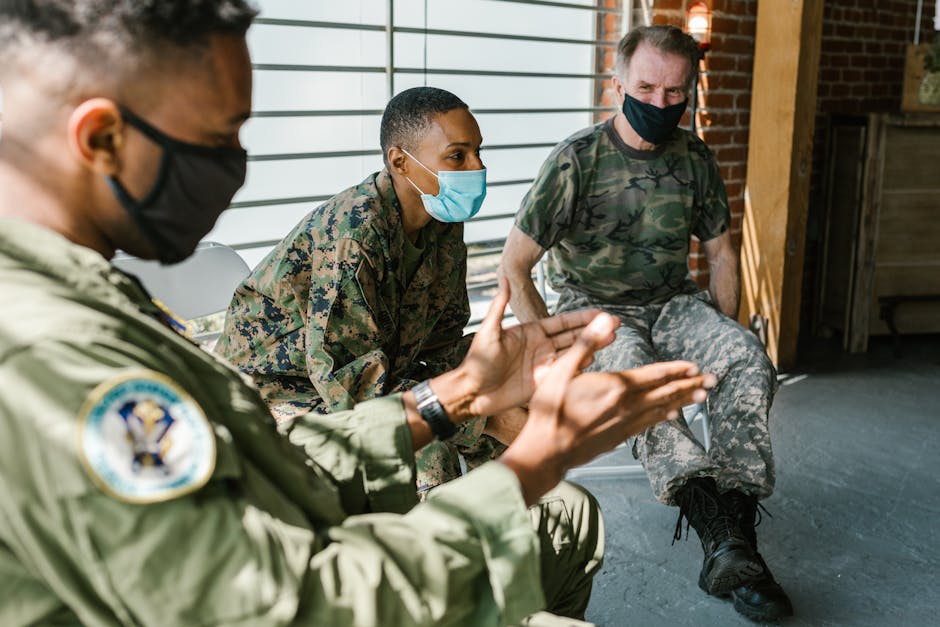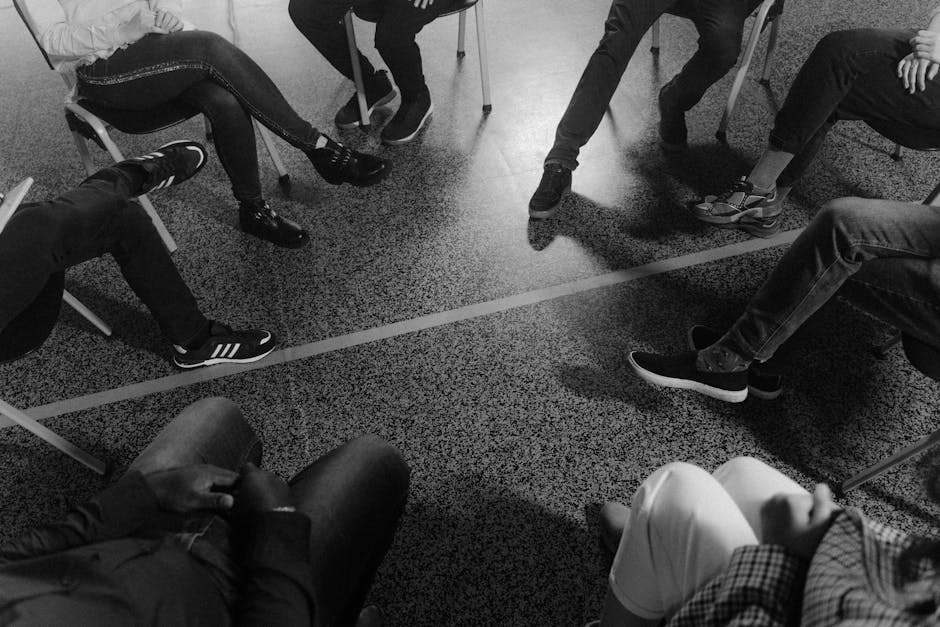The Role of Peer Mentoring in Mental Health Recovery ?
In the journey towards mental health recovery, peer mentoring has emerged as a powerful tool. This human-centered approach fosters connection, understanding, and growth. Let’s dive into how peer mentoring can make a difference in mental health recovery and why it might be a valuable resource for you or a loved one.
Table of Contents
1. What is Peer Mentoring?
2. Benefits of Peer Mentoring in Mental Health Recovery
3. How to Find a Peer Mentor
4. Conclusion
5. FAQ
What is Peer Mentoring? ?
Peer mentoring involves a supportive relationship between individuals who share similar experiences. In the context of mental health, it connects those who have faced similar challenges, allowing them to provide mutual support and share coping strategies. This relationship is built on trust, empathy, and shared understanding, creating a safe space for individuals to express themselves and grow.
Benefits of Peer Mentoring in Mental Health Recovery ?
Peer mentoring offers numerous benefits for those on the path to mental health recovery:
1. Shared Experience
There’s something incredibly comforting about talking to someone who truly understands what you’re going through. Peer mentors have often walked a similar path, providing insights and empathy that are both comforting and validating.
2. Building Resilience
Through regular interaction, peers can learn new coping mechanisms from one another, building resilience and problem-solving skills. This shared knowledge enhances personal growth and fosters a sense of empowerment.
3. Community and Connection
Feeling connected to others is vital for mental well-being. Peer mentoring helps create a community where individuals feel less isolated and more supported, reducing feelings of loneliness and enhancing social skills.
4. Encouragement and Motivation
Having someone in your corner who believes in you can be incredibly motivating. Peer mentors often serve as cheerleaders, encouraging those they support to stay committed to their recovery journey.
How to Find a Peer Mentor ?
Finding the right peer mentor can significantly impact your recovery journey. Here are some steps to get started:
1. Reach Out to Local Support Groups
Many support groups offer peer mentoring programs. Attend meetings, engage with members, and ask about available mentorship opportunities.
2. Online Communities
The digital world offers a plethora of online communities where you can connect with potential peer mentors. Websites and forums dedicated to mental health support can be valuable resources.
3. Professional Organizations
Some mental health organizations provide structured peer mentoring programs. Reach out to these organizations to inquire about available resources and how to get involved.
Conclusion ?
Peer mentoring is a powerful component of mental health recovery. Through shared experiences, encouragement, and a sense of community, it provides invaluable support for those on their journey to wellness. If you’re seeking support, consider exploring peer mentoring as an option.
FAQ ?
1. What qualifications should a peer mentor have?
Peer mentors should have personal experience with mental health challenges and recovery. Training in communication and support strategies is also beneficial.
2. How often should I meet with my peer mentor?
The frequency of meetings can vary. Some prefer weekly sessions, while others may meet bi-weekly or monthly, depending on individual needs and schedules.
3. Can peer mentoring replace professional therapy?
No, peer mentoring is not a replacement for professional therapy. It is a complementary support system that can enhance your recovery journey alongside professional treatment.
Exploring peer mentoring can be a transformative step in mental health recovery. By fostering connections and sharing experiences, it offers hope and empowerment to those seeking a path to wellness.
For more information please click here
James Donaldson is a Washington State University graduate (’79). After an outstanding basketball career with WSU, he went on to play professional basketball in the NBA with the Seattle Supersonics, San Diego/L.A. Clippers, Dallas Mavericks, New York Knicks, and Utah Jazz. He also played for several teams in the European Leagues in Spain, Italy, and Greece, and he toured with The Harlem Globetrotters to wrap up his career. James was an NBA All-Star in 1988 while playing center for the Dallas Mavericks. In 2006, James was inducted into the Pac-10 Sports Hall of Fame and also the Washington State University Athletic Hall of Fame. In 2010, James was elected as a board member for the NBA Retired Players Association.
James frequently conducts speaking engagements (motivational, inspirational, educational) for organizations, schools, and youth groups.
In 2010, James was the recipient of the NBA Legends of Basketball ABC Award, awarded for outstanding contributions in Athletics–Business–Community.
He believes in being a role model for success and professionalism to the scores of young people to whom he devotes so much of his time. He currently serves on several boards and committees and is a member of many organizations.
James believes in developing relationships that create a “Win-Win” environment for everyone involved, and in being the best he can be!
For more information about James Donaldson or to request he speak at your event, contact him at:
www.StandingAboveTheCrowd.com
[email protected]
1-800-745-3161 (voicemail & fax)
James Donaldson is the author of “Standing Above The Crowd” and “Celebrating Your Gift of Life” and founder of the Your Gift of Life Foundation which focuses on mental health awareness and suicide prevention, especially pertaining to our school aged children and men.
If you’re interested in having James come and speak to your group of young adults, business entrepreneurs, aspiring political and community leaders, and athletic teams, please contact him at [email protected] and or leave a personal message for him at 1-800-745-3161. Keep up with him and read about how he is reaching out and making a difference in the lives of so many around the world at www.yourgiftoflife.org




